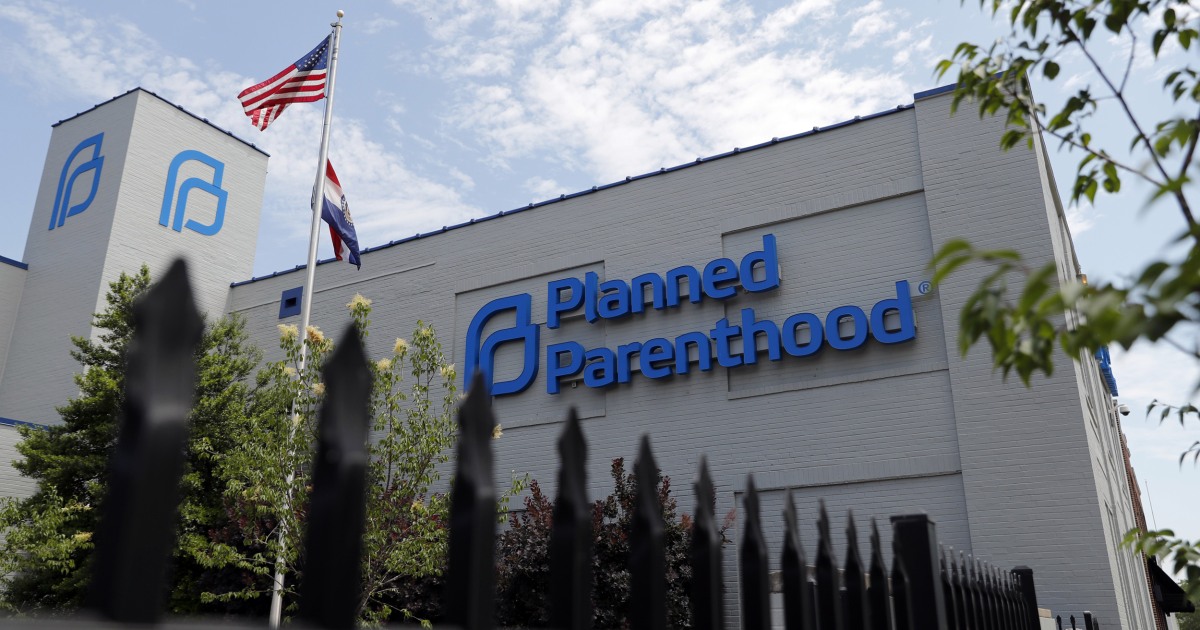Supreme Court Rules in Favor of South Carolina's Efforts to Defund Planned Parenthood

In a significant ruling on Thursday, the Supreme Court of the United States delivered a 6-3 verdict favoring South Carolina in its efforts to defund Planned Parenthood. The court concluded that individual Medicaid patients cannot sue to enforce their rights to select their medical providers, a decision that could have far-reaching implications for healthcare access in the state.
Justice Neil Gorsuch, writing for the majority, stated that the federal Medicaid law does not grant enrolled individuals the ability to initiate such claims against the state. This ruling aligns with the conservative majority of the Court, which has now solidified a legal precedent that weakens patients' rights in the context of Medicaid.
Justice Gorsuch emphasized that Congress has the capability to create explicit provisions that would allow for individual lawsuits if it chooses to do so. He remarked, “Congress knows how to give a grantee clear and unambiguous notice that, if it accepts federal funds, it may face private suits asserting an individual right to choose a medical provider. But that is not the law we have.” This highlights a clear interpretation of existing law that leans towards limiting patients' ability to challenge state actions.
Despite existing federal funding prohibitions for abortion services, conservatives have long sought to target Planned Parenthood, an organization that provides essential reproductive health services, including abortion where legally permitted. Opponents of the funding assert that any financial support to Planned Parenthood, even for non-abortion-related health services, indirectly supports its broader agenda promoting abortion rights.
In dissent, Justice Ketanji Brown Jackson, alongside her two liberal colleagues, criticized the majority's decision. She articulated that this ruling is part of an ongoing trend of decisions that undermine the 1871 Civil Rights Act, which was established to empower individuals to sue for civil rights violations. “South Carolina asks us to hollow out that provision so that the state can evade liability for violating the rights of its Medicaid recipients to choose their own doctors,” Justice Jackson expressed. “The court abides South Carolina's request. I would not.”
The context for this ruling is particularly important, as it follows the Supreme Court's decision to overturn the landmark Roe v. Wade case in 2022, which previously guaranteed the right to abortion. In light of this shift, South Carolina has enacted a six-week abortion ban, which has led to significant reductions in the availability of abortion services within the state.
Planned Parenthood operates facilities in Charleston and Columbia, where they provide not only abortion care in compliance with the new state laws but also a range of other vital health services, including contraception access, cancer screenings, and pregnancy testing.
The legal battle surrounding Planned Parenthood's funding began in 2018 when South Carolina Governor Henry McMaster issued an executive order that effectively barred Planned Parenthood South Atlantic, the local affiliate of the national organization, from providing family planning services under the Medicaid program. This decision sparked outrage among healthcare advocates and led to a lawsuit by Julie Edwards, a Medicaid-eligible patient in South Carolina who sought to access services at Planned Parenthood. Edwards argued that her rights under federal civil rights law allowed her to pursue legal action to enforce her choice of medical provider.
Initially, a federal judge ruled in her favor, igniting a prolonged legal dispute that ultimately culminated in the Supreme Court's agreement to review the case. This ruling represents a pivotal moment in the ongoing debate over healthcare rights, funding, and access in the United States.


























